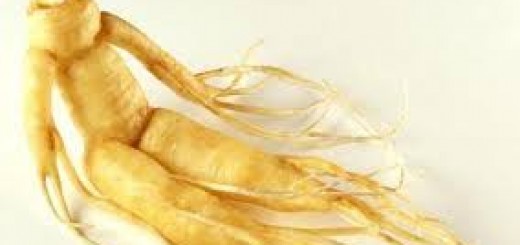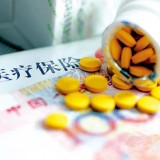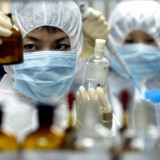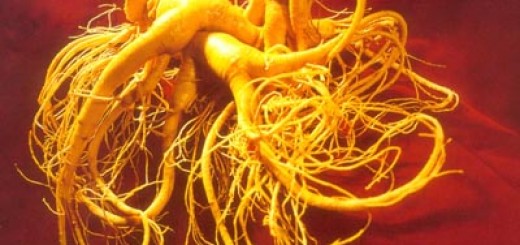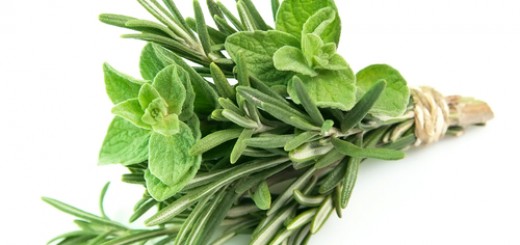Acute myocardial infarction (MI) is a major cause of death and disability worldwide. According to the WHO, 7,254,000 deaths worldwide (12.8% of all deaths) resulted from CHD in 2008.
In patients with MI, the treatment of choice for reducing acute myocardial ischemic injury and limiting MI size is timely and effective myocardial reperfusion using either thombolytic therapy or primary percutaneous coronary intervention (PPCI). However, the process of reperfusion can itself induce cardiomyocyte death, known as myocardial reperfusion injury, for which there is still no effective therapy.
However, protopanaxatriol (PPT), an active ingredient from ginseng, might become a promising drug in treatment of ischemia-reperfusion injury in MI patients, this claim is supported by a research published on Journal of Jilin University (Medicine Edition, 2009 volume 35, issue 1).
In the study, rats were given PPT before the surgical closure of left anterior descending coronary artery to cause acute myocardial infarction, and then 30 minutes later the occluded artery was reopened to induce ischemia-reperfusion injury. Interestingly, PPT pre-intervention at the dose over 25mg/kg reduced the level of reperfusion injury as the levels of myocardial enzymes (AST, LDH, CK-MB) were lower than the non-treated group. The oxidative stress was also reduced by PPT pre-treatment as the antioxidants SOD and GSH-Px levels were higher than the control. In addition, the balance of vasoactive susbtances (prostaglandin I2 versus thromboxane A2) was corrected after PPT pre-treatment.
The study gives the solid evidence that the early use of PPT could benefit patients with myocardial infarction, resulting in a better functional recovery.
The research results were published on the first issue, volume 35, Journal of Jilin University (Medicine Edition), 2009.















